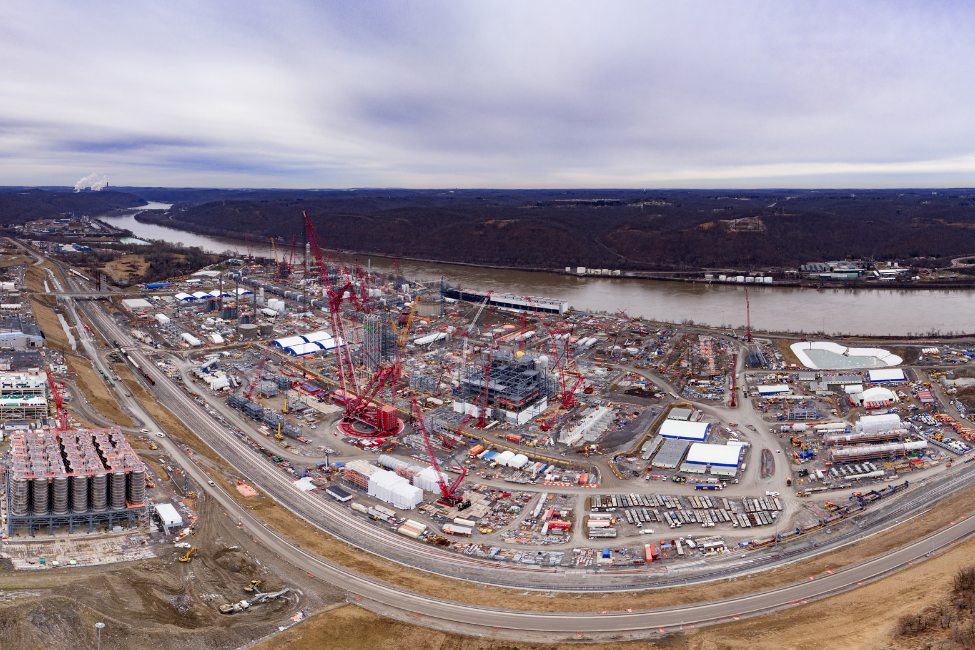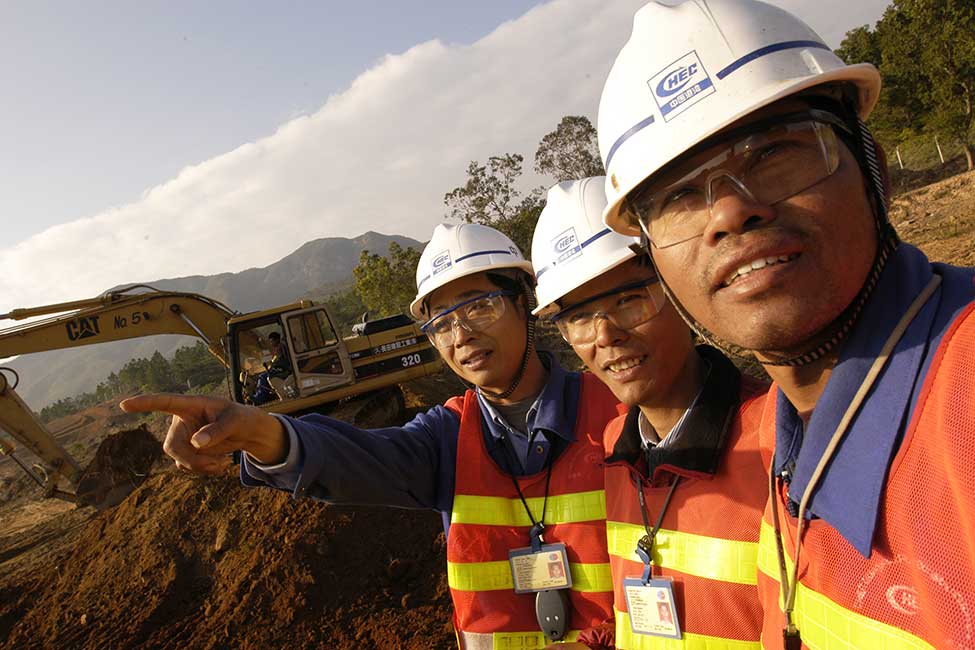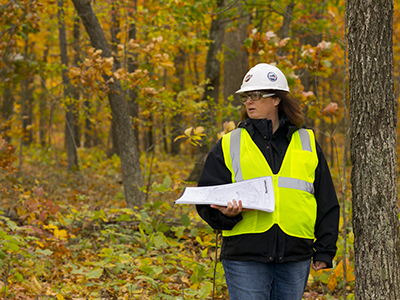Petrochemicals provide the building blocks for innovation, ongoing advancements in public health services, and social prosperity. Many things - from our computers and phones, the cars we drive and the roads we travel, the pipes that bring water to our homes, the clothes we wear, and the medical equipment we rely on - depend on the products delivered by our customers in the petrochemical industry.
Petrochemical projects represent significant investments on the part of our customers and have an important role in the energy transition. These projects are becoming more complex by incorporating renewable power generation, electricity storage and charging, effluent and flue gas capture, carbon capture, and hydrogen generation. Through collaboration with our customers focused on decreasing carbon emissions, we are shaping the future of energy.
We help our customers create the facilities that produce finished polymers and other end-products such as ethylene, polyethylene, polypropylene, butylenes, polyester and Polyethylene terephthalate (PET), and polyvinyl chloride. We also assist with process design packages and technology through multiple licensors for polyethylene, polypropylene, the vinyl chain, and other products.
When developing petrochemicals, advanced fuels production (conventional & renewable), and gas processing facilities, we believe energy efficiency, carbon capture, hydrogen and circular economy solutions are critical to enable our customers to meet the world’s growing need for downstream products in a cleaner and more sustainable way.
When engaged early in the project lifecycle, Bechtel delivers optimized solutions to help our customers realize lower capital costs, shorter times-to-market, and projects with lower carbon emissions.
Oil to chemicals
As the industry works to develop natural resources sustainably, the use of crude oil to feed the production of durable plastics and petrochemicals will increase. Our customers rely on liquids cracking and emerging oil-to-chemicals technologies. These mega-projects incorporate renewable power generation, energy efficiency technologies, carbon capture, and other processes that lower greenhouse gas emissions.
Bechtel helps our customers deliver these integrated projects using expertise from the front-end development through to commissioning and startup.
Building off our strong foundation of sustainability, we are deploying innovations and new technologies to decarbonize each phase of project delivery.
We also work with partners to engage community stakeholders, create upskilling programs, and use local talent and businesses to ensure our projects leave a lasting, positive impact in the community.
Opportunities for a low-carbon chemicals plant
The opportunities to reduce carbon emissions in a chemicals plant are extensive.
Beginning with the end in mind, decarbonization can be achieved through solid technology design choices, sustainable EPC execution and continue throughout the operating and maintenance of the asset.
- Novel chemistries and processes to convert waste materials and emissions into valuable products.
- Renewable power generation (solar / wind)
- Low energy design elements including electric drives, efficient compression systems and Low Energy Ejector Desalination (LEEDs) in water treatment systems.
- Using electric furnaces to drive down a significant portion of a plant’s CO2 emissions.
- Incorporating Carbon Capture, Use, and Sequestration, considering opportunities to collaborate and partner with nearby industry to create a Carbon Capture hub and share infrastructure.
During the EPC process, decarbonization can be achieved by reducing embodied carbon in the engineering and design process, leveraging supply chain partnerships to decrease the carbon emitted during production of goods, using innovations to trap post-industry carbon dioxide in durable materials, such as concrete, and finally, ensuring the construction, start-up and commissioning is prioritized and efficiently executed to deliver the project on-time.
Using plastic waste as a chemical feedstock
Pyrolysis is one technique being used to convert plastic waste into energy and new products. However, there are also new hydrothermal technologies being developed to break down plastics using superheated water which preserves the original chemical composition of the materials and allows for a wider use of the recycled materials.
Bechtel is working with customers and partners to identify and study the process technologies that could transform post-use plastic into sources of energy, as chemicals or as new recycled products.
Mitigating plastic waste
We support our customers as they begin to tackle plastic waste challenges that occur after commercial end-use. Many of our customers recently formed the Alliance to End Plastic Waste. The Alliance focuses on infrastructure development to collect and recycle plastics, the clean-up of waste already in the environment, and innovation to scale new technologies to improve the efficiency of reusing plastic waste.
Focus on innovation
Bechtel is committed to helping our customers stay at the forefront of the industry, through our:
- Bechtel Energy Technology and Solutions
- Houston Innovation Center
- Welding and Applied Technology Center
- Industry Control System Cyber Security Lab
How we help
- Design new facilities with renewable power to reduce greenhouse gases
- Develop solutions to improve the sustainability of existing facilities
- Reduce carbon emissions by retrofitting existing plants with sustainable technology, such as converting steam drives to electric drives that source renewable power, adding carbon capture systems and bio-feed hydro-processing
- Incorporate electricity storage systems
- Deliver carbon capture facilities through plant design and construction.
Creating opportunity

Thousands of local workers near Pittsburgh

70,000 workers on site and another 2,800 around the world



